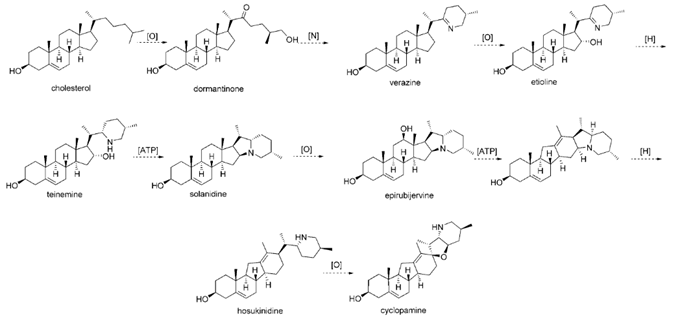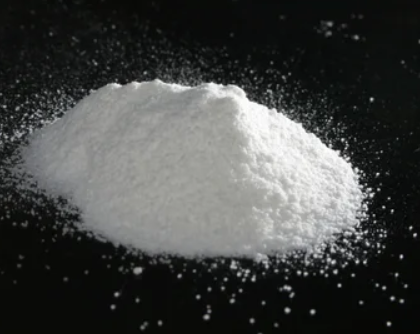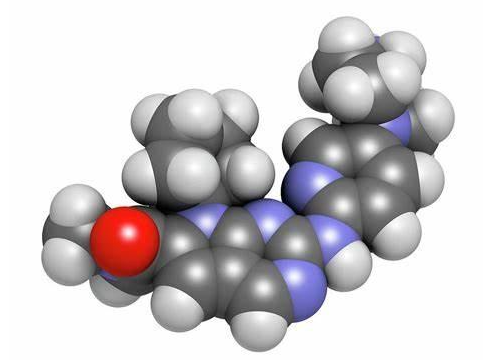Biochemical Engineering is one of the pillar industries of the 21st century and is the interdiscipline of biology, chemistry and engineering, being the general term of biochemical engineering and bio-processing engineering as well as being a branch of biotechnology. It is also one of the frontiers of chemical engineering disciplines and is the means for the conversion of biological technology into productivity, industrialization and commercialization. Biochemical Engineering products are products with animals, plants, microorganisms as raw materials and processing through approaches of biochemical engineering, physics and chemistry. It is widely applied to various kinds of fields including medicine, food, feed, basic organic chemicals, organic acids and bio-pesticides.
Benefits of Thymosin beta 4
Thymosin beta 4 (TB4) is a 5-kDa peptide consisting of 43 amino acid residues that is naturally expressed by most cells in the human body.
Feb 9,2026 Biochemical Engineering6-Aminouracil: Heterocycle Synthesis & Nucleodye Development
6-Aminouracil is used for synthesizing bioactive heterocycles and developing uridine/cytidine nucleodyes as potential visible-range nucleic acid probes.
Feb 6,2026 Biochemical EngineeringMechanism of action of olaparib in the treatment of ovarian cancer
Olaparib is used to treat BReast CAncer susceptibility protein (BRCA)-associated, platinum-sensitive ovarian cancer.
Jan 22,2026 Biochemical EngineeringSynthesis of ML264
ML264, chemically known as (E)-3-(3-chlorophenyl)-N-(2-((1,1-dioxotetrahydro-2H-thiopyran-4-yl)(methyl)amino)-2-oxoethyl)acrylamide, is a third-generation small molecule compound derived from first-ge
Jan 7,2026 Biochemical EngineeringPyrroloquinoline quinone:Functions, benefits and Effects of PQQ on health
Supplementation of PQQ is found to aid in weight loss, improve insulin sensitivity, and help prevent metabolic syndrome.
Dec 22,2025 Biochemical EngineeringDiosgenin:Uses,Functions and Synthesis
Diosgenin is a precursor of many steroidal drugs synthesis, an important raw material for artificial synthesis of steroid hormones and steroidal contraceptives.
Dec 12,2025 Biochemical EngineeringBiosynthesis of Cyclopamine from Cholesterol
Cyclopamine is a naturally alkaloid, this article will introduce its discovery and biosynthesis method.
Dec 10,2025 Biochemical EngineeringSynthesis of ribociclib
Ribociclib is used in combination with another medication to treat a certain type of hormone receptor–positive (depends on hormones such as estrogen to grow) advanced breast cancer.
Dec 10,2025 Biochemical EngineeringWhat is the use and Side Effects of Ribociclib?
Ribociclib (Kisqali) is a targeted therapy approved by the Food and Drug Administration to treat stage II, stage III, and advanced or metastatic hormone receptor-positive, HER2-negative breast cancer.
Dec 10,2025 Biochemical Engineering










